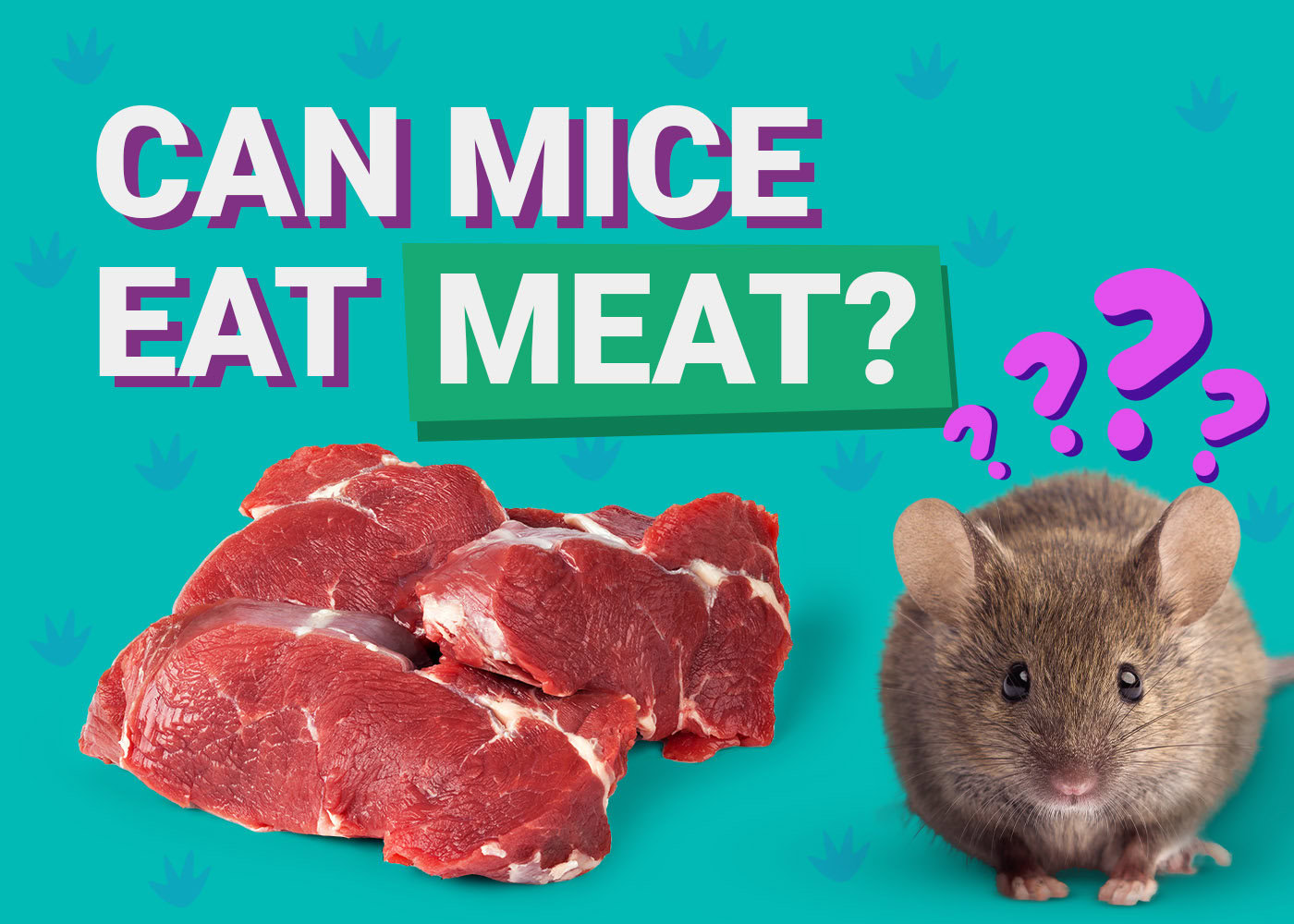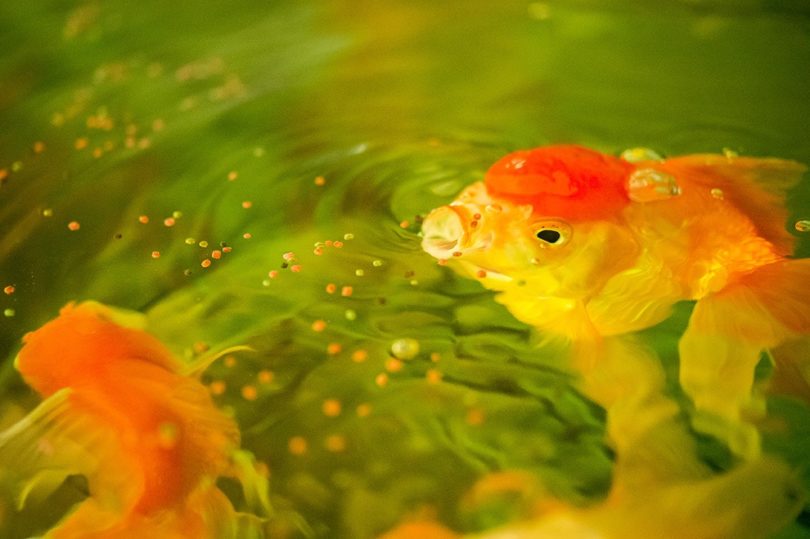Some pet mice owners and aspiring pet mice owners find it challenging to determine the ideal diet for their little companions. We know they can eat species-appropriate mouse food from a pet store, but can mice eat meat? Well, yes, mice can eat meat, but they’re often better off with insects over the meats we commonly consume.
Veterinarians recommend feeding your pet mice commercially-made mouse food because it contains the right mix of nutrients to help your pet have a healthy growth and development process.
With that being said, here’s everything you need to know about meat as a component in your pet mouse’s diet and some of the suitable foods you can feed your pet mice.

Mice & Meat
Mice are opportunistic omnivores and will readily eat whatever they can find, including sources of animal protein. In the wild, species of mice tend to adjust their diet based on what is available to them seasonally.1 That being said, most of the meat they consume is in the form of insects, and not the commercially available meats we frequently eat. In addition, not all mice species have a bias towards meat.
In one study, the white-footed mouse seems to have the greatest bias towards high-protein diets.2 The house mouse (which is the species kept as a pet) did not show as strong of a dietary bias. However, it is worth noting that the house mouse still favored diets with animal-derived proteins more than those that had plant-derived proteins (a trait that sets them apart from herbivorous pets).
The most common animal protein sources used in commercial mouse food are casein, soy protein isolate, and egg white proteins.3 Mice kept as pets tend to enjoy freeze-dried insects as treats. These are more nutritionally appropriate (and more nutritious) than the meats such as poultry, fish, beef, lamb, etc. It is also easier to keep pet mice on a diet that’s more biased to that of a herbivore, with occasional animal proteins offered to them in smaller fractions.
As such, though meat is likely safe for pet mice, it is important to keep in mind that not all meat would be great for them, and insect treats would be far better than offering them the meat we consume.
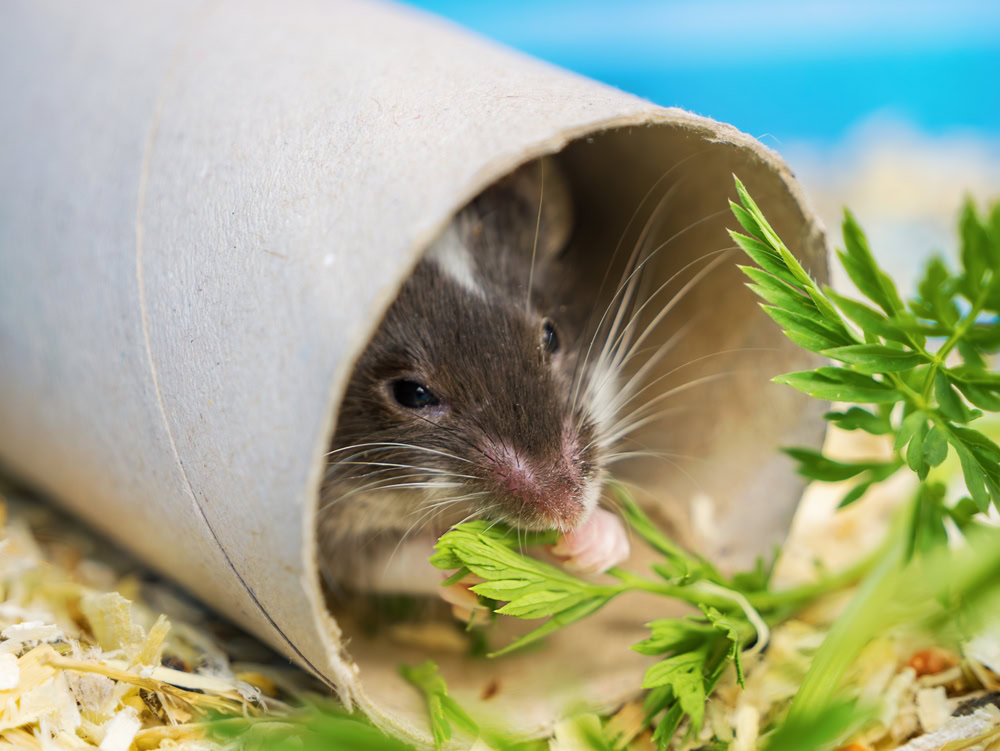
Is Raw Meat Safe for Pet Mice?
Raw meat poses significant risks which renders it unsafe for pet mice. For starters, it may contain E.coli and Salmonella sp. bacteria. These bacteria may make a pet mouse ill but are also a considerable public health concern for those who handle raw meat.
Raw meat is also nutritionally inappropriate for a mouse as it contains no fiber, is far too calorie-dense, and does not promote proper chewing for mice. Chewing is especially important for pet rodents as it helps keep their teeth worn down properly.
Mice also have a tendency to hoard food in their dens. Offering them raw meat might result in a mouse hiding the food item in a den, where it may rot and fester, creating an unsanitary environment that may result in a sick pet.
It’s also quite difficult to provide your mouse with a clean piece of raw meat, simply because of the way they are housed. The bedding of a mouse’s enclosure may easily stick to raw meat, which can then be ingested by your mouse. This is undesirable for a pet mouse, as it may lead to impaction issues.
Given these risks, and the fact that raw meat offers no noteworthy nutritional benefits to mice that they couldn’t acquire from other, safer sources of food, raw meat is not worth the risk for pet mice.
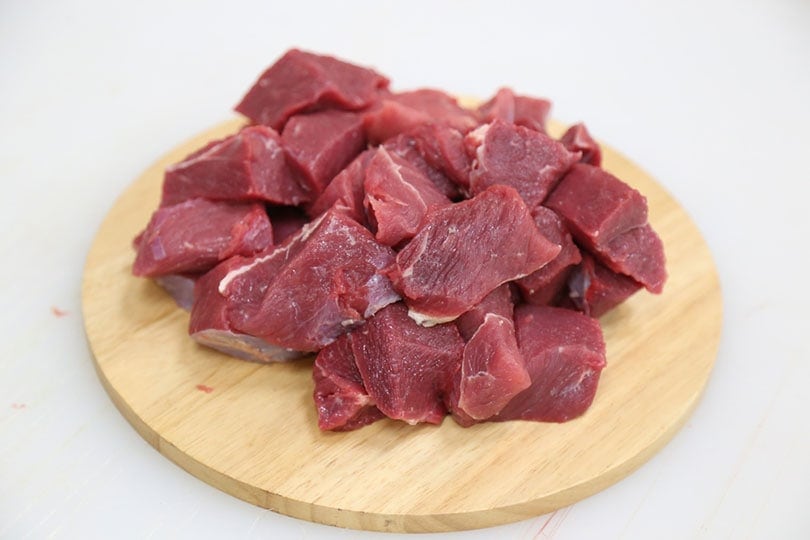
How to Prepare Meat for Your Pet Mice
Plain, unseasoned roasted meat is the best option for pet mice. This is because roasting the meat provides it with a slightly firm texture, which is the most appropriate for a mouse’s feeding habit. Roasting meat (as opposed to boiling it) also minimizes the loss of amino acids from the meat.
Given the small size of a mouse, it’s recommended to cut the meat into small sizes to not overfeed your pet. A healthy adult mouse only needs to consume around 3–5 grams of food per day. This translates to roughly a quarter to a full teaspoon. However, this morsel cannot be just meat, as your mouse will not get all the nutrition they need from meat. As such, a 1 gram (0.035 ounce) serving of cooked meat once or twice a week at most should suffice.
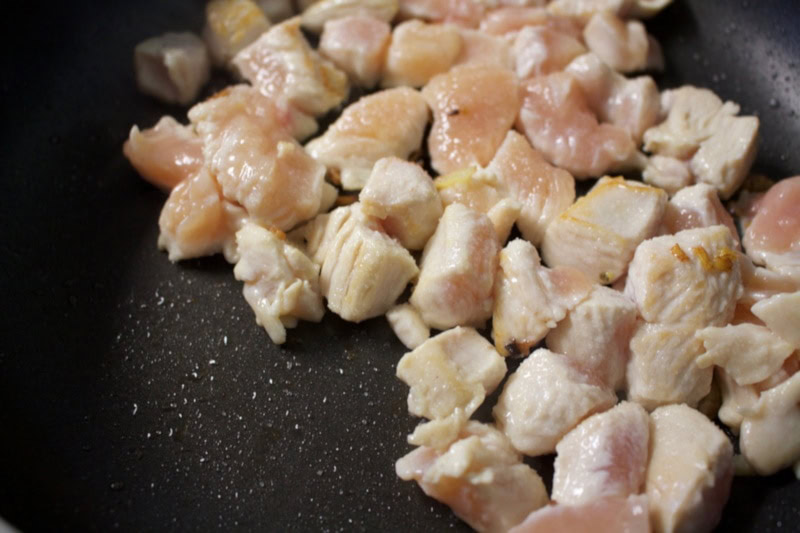
What Type of Meat Is Bad for Pet Mice?
Not all meats are the same, even when they’re cooked. Your mouse shouldn’t be offered the following meats.
- Seasoned meats
- Pre-seasoned ready to eat commercial meats
- Canned meats
- Any form of processed meat (such as SPAM)
- Meat that is beyond its consumption date
- Meat with bones in it
- Salted or cured meats
- Vegan, vegetarian, or other imitation meats
- The meat of wild animals that are only hunted seasonally
- Exotic meats (such as crocodile meat)
As a rule, it’s worth keeping in mind that insect treats such as mealworms are much more appropriate for your mouse than cooked meat. Though your mouse can eat cooked meat, they wouldn’t miss out if they were not offered cooked meat. In fact, they’d almost certainly be better off with high-fiber vegetable treats over a meat morsel!
We also encourage reaching out to your veterinarian for a more precise nutritional assessment and meal plan for your pet mouse whenever possible.
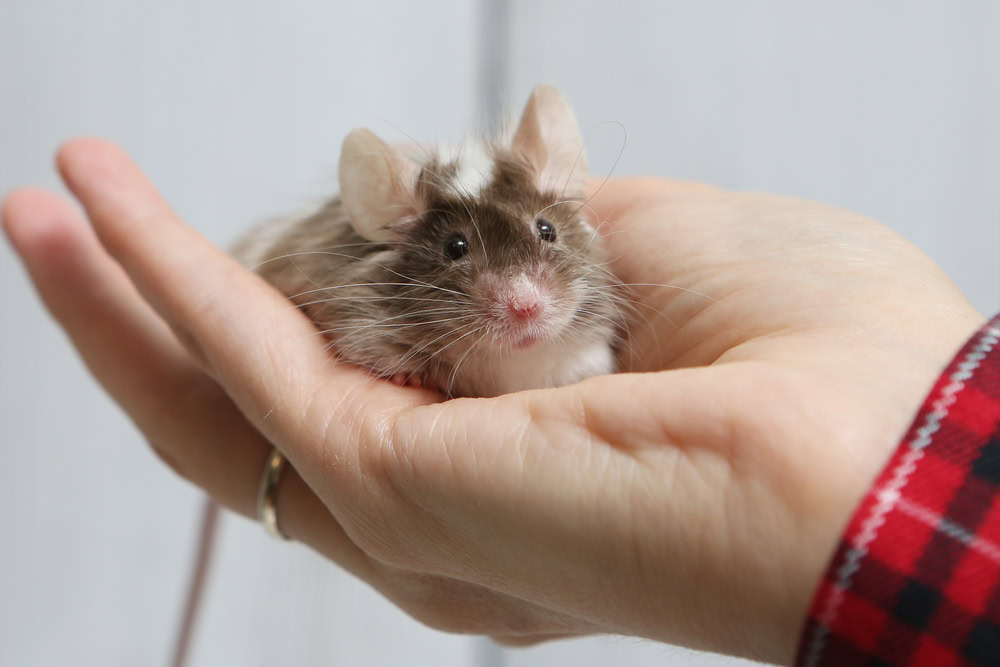

Final Thoughts
While meat isn’t really a must-have food in a pet mouse’s diet, it is usually safe for them in moderation. However, cooked meat is not as desirable as an insect treat for your pet. Providing your pet mouse with a balanced, species-appropriate diet is important for their long-term health. As such, we do encourage reaching out to your veterinarian for more information pertaining to your mouse’s nutritional needs.
Next on your reading list:
Featured Image Credit: Piqsels
